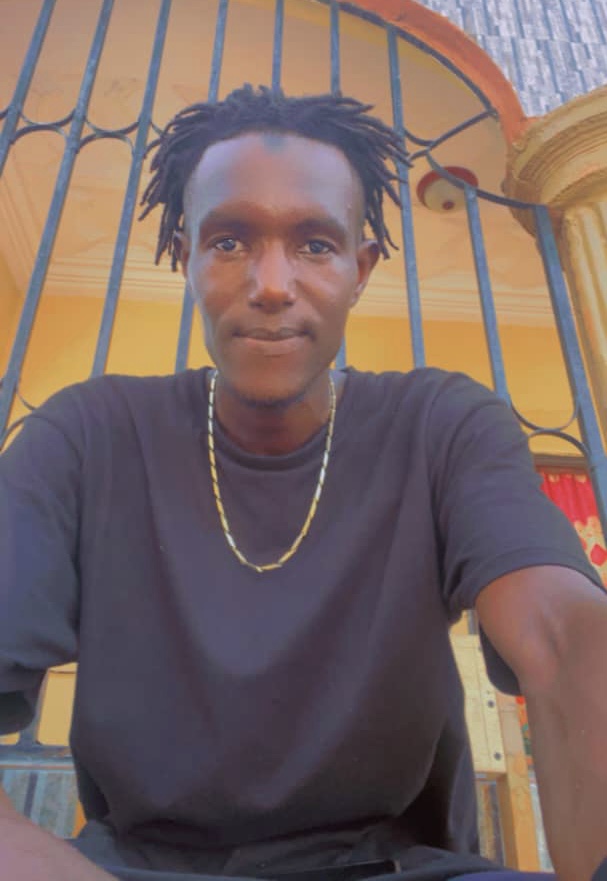
Ousman Jallow sits under the shade of a mango tree in Sukuta Nema, his eyes heavy with the weight of a journey that continues to haunt him.
The “back way”, as it is called, offers hope and opportunity, a chance to escape poverty and build a better future. For Jallow, however, it turns into a harrowing tale of loss, survival, and unfulfilled dreams.
“The journey is unbearable,” he begins, his voice low and steady.
“Every border feels like a test of survival. Even with a national ID card, I have to pay at every checkpoint. My pocket money runs out long before I reach my destination.”
The cost of the journey is more than financial—it is deeply personal. Jallow loses his brother along the way, a tragedy that leaves a permanent scar.
“We start this journey together, dreaming of a better life. But I return alone,” he says, his eyes welling up with tears.
When he reaches Libya, his ordeal takes an even darker turn. He spends one month and 29 days in prison, enduring conditions he describes as dehumanising. “Every day in that prison feels like a year. The beatings, the hunger, the hopelessness—it’s something I wouldn’t wish on anyone,” he says.
Gambian Migrants
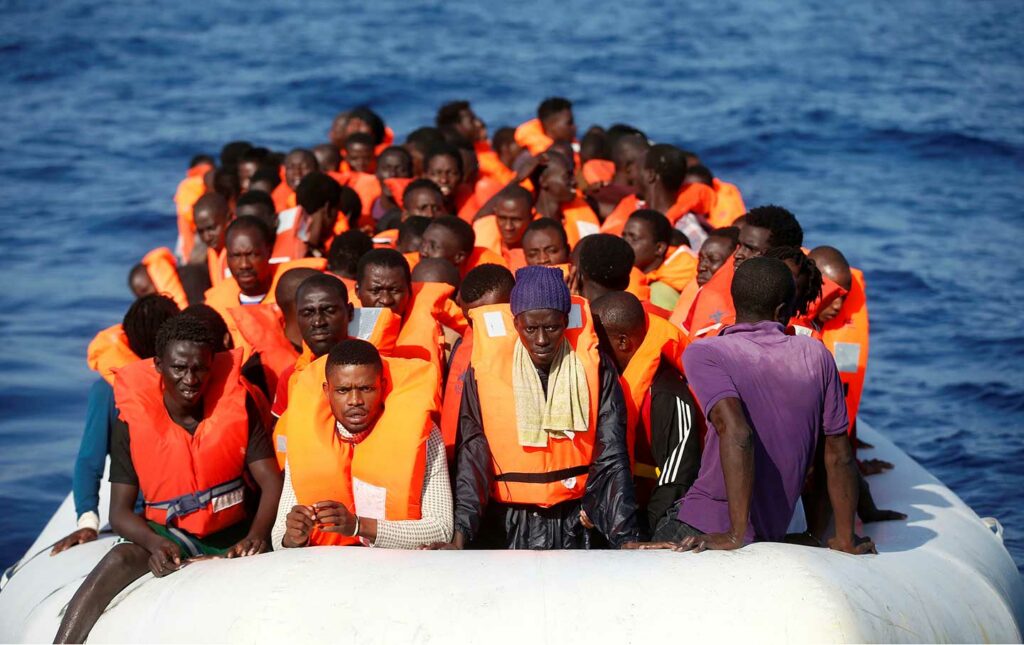
Jallow’s story is one of thousands of failed migrant ordeals. The Gambia, one of Africa’s smallest nations, has a high rate of irregular migration relative to its population.
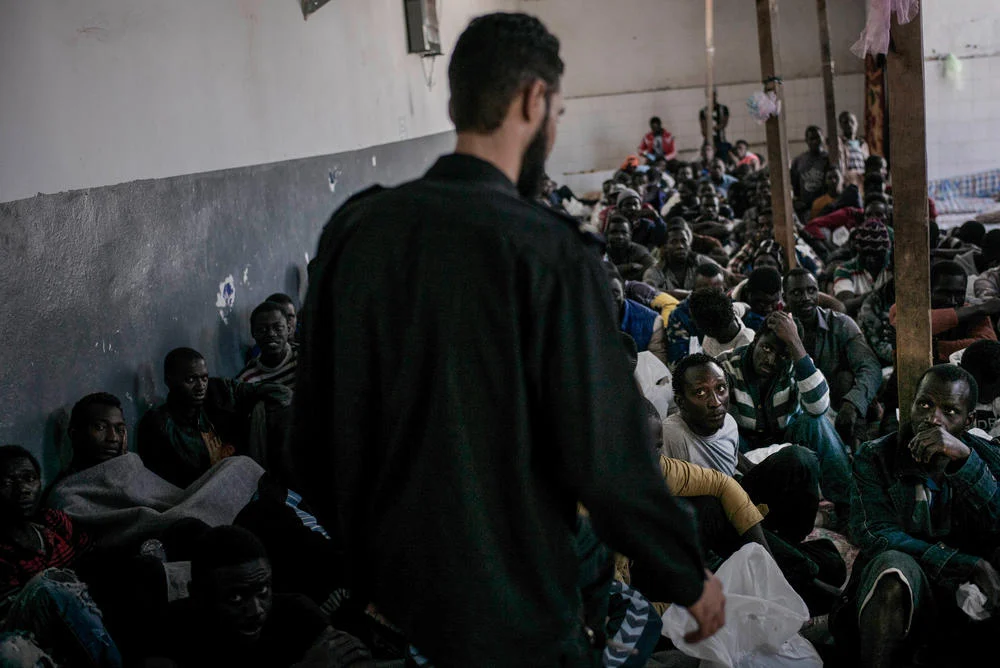
According to the International Organisation for Migration (IOM), over 35,000 Gambians arrive in Europe between 2014 and 2018 through the perilous Central Mediterranean route. This figure represents about 1.5% of the country’s population, a staggering number for such a small nation.
Libya remains a critical transit point for Gambian migrants. Many suffer horrific abuses in detention centers run by smugglers and militias.
A 2023 IOM report highlights that nearly 2,000 Gambians are still stranded in Libya, with many pleading for repatriation.
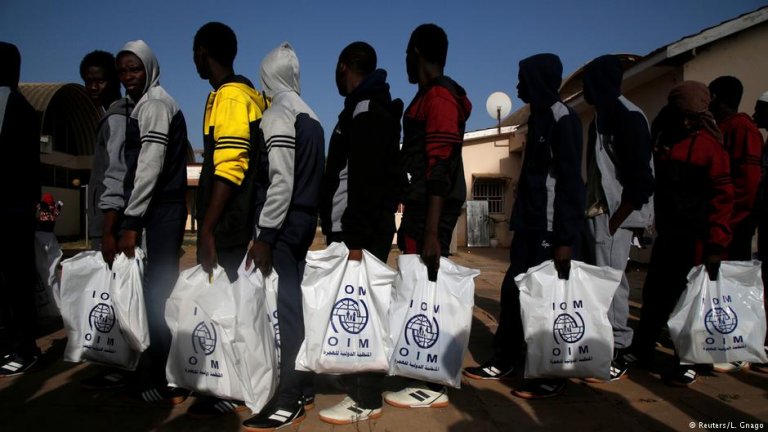
Despite government campaigns to discourage irregular migration, the allure of the back way persists. Youth unemployment in The Gambia stands at approximately 41%, according to the World Bank, leaving many young people with few options to improve their lives.
The Pain of Returning
When Jallow returns to The Gambia, he hopes for solace, but reality proves disappointing.
“Coming back feels like another kind of prison,” he admits. “Nothing changes here. There are no opportunities, no jobs, no hope. If I have the chance, I will go back. I have unfinished business—to find the life I set out for.”
His story reflects the systemic issues driving young Gambians to risk everything for a dream that often turns into a nightmare. He speaks passionately about those still trapped in Libyan prisons, urging the government to act.
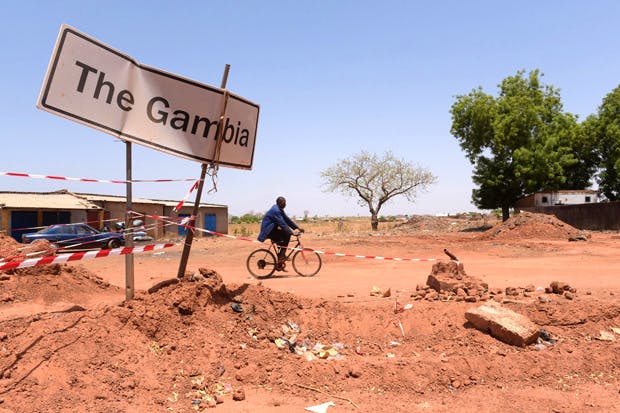
“Our brothers and sisters are suffering in Libya. They want to come home, but they have no way out. The government must help them. We are Gambians—we deserve a chance to live with dignity,” he says.
The Unrelenting Allure of the Back Way
Jallow explains that the “back way” will not end anytime soon.
“This journey will never stop,” he says with certainty. “For some Libyans, pushing boats to Italy is their livelihood. As long as desperation exists here, people will take the risk.”
But Jallow’s plea goes beyond rescue; it is a call for transformation. He urges the government to address the root causes pushing young people to flee.
“The youth are not useless,” he says. “We need jobs, opportunities, and support. Give us a chance to show what we can do.”
A Message of Resilience and Hope
As the sun sets over Sukuta Nema, Jallow leaves a heartfelt message for Gambians abroad.
“Never forget where you come from,” he says. “Even in the darkest times, our roots give us strength. And one day, we must find a way to make this home what it should be—a place of hope, not despair.”
Ousman Jallow’s story is a reminder of the cost of dreams deferred and the resilience of those who refuse to give up, even in the face of unimaginable odds.
It also underscores the urgent need for systemic change to address the plight of Gambian youth and the risks they are willing to take for a chance at a better life.
By Adama Makasuba










Recent Comments